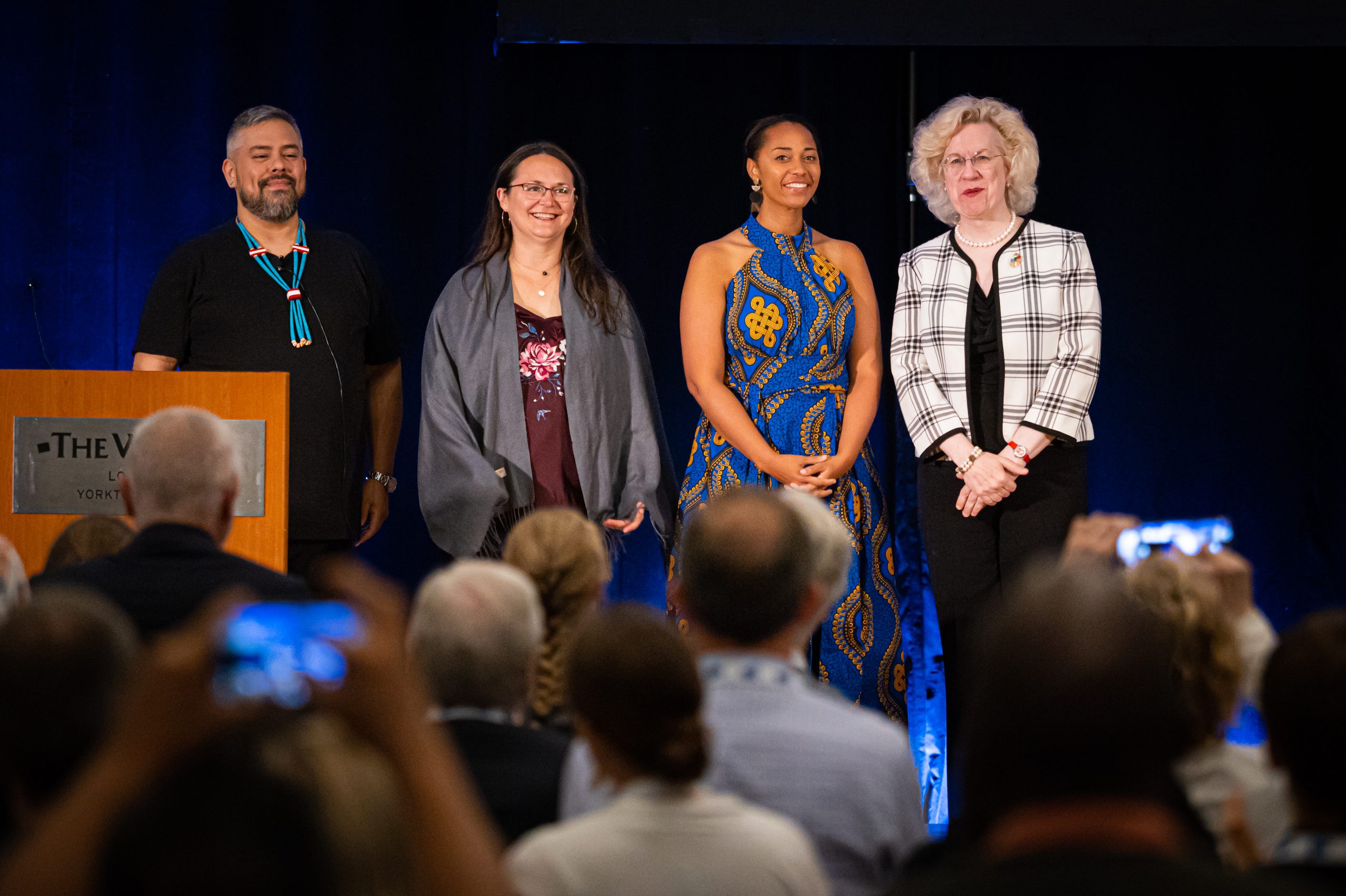To celebrate the latest episode of Piano Inspires Podcast featuring Connor Chee we are sharing an excerpted transcript of his conversation with Craig Sale. Want to learn more about Chee? Check out the latest installment of the Piano Inspires Podcast. To learn more, visit pianoinspires.com. Listen to our latest episode with Chee on Apple Podcasts, Spotify, YouTube, or our website!

Craig Sale: Which brings me to a project, which I’m familiar with. It is an exciting one with the Frances Clark Center. You are, along with Renata Yazzie, leading a project of commissioned works by Indigenous composers for young piano students or for elementary students. We’ve been working on the project together, but one thing we haven’t talked about is what does this project mean to you? What do you hope to achieve by it, but, also on a more personal level, what meaning does that hold for you?
Connor Chee: I think it’s important on so many levels. I think the first is the level of communication, because music is a great way to communicate and to foster curiosity. That’s something that with my music I tried to do and I’m always surprised at the conversations that open up with other cultures and things that I learned about other people because they found something in the music that relates to Diné culture that also relates to some aspect of their unique background. Those are the conversations that are so important to really be able to celebrate the diversity and what makes everybody unique and what they can bring to the table. Specifically in the Indigenous communities, I think it’s important because it shows possibility. They’re seeing things that are placed in front of them that they can say, “Hey, maybe I want to do this someday. Maybe I want to be a composer. Maybe I want to play piano.” You know, these are things that are—there’s a place for us, and it’s important for students to see that that there is a place for them if they want to pursue music or whatever avenue it is. That wasn’t the case because in the past, you know, the representation was so flawed, and it wasn’t really a representative quotation that was more of a mockery, yeah, that had, you know, a negative impact.
CS: Representation that’s not a cartoon.
CC: Right?
CS: Something that they can actually relate to.
If you enjoyed this excerpt from Piano Inspires Podcast’s latest episode, listen to the entire episode with Connor Chee on Apple Podcasts, Spotify, YouTube, or our website!
MORE ON CONNOR CHEE
- WEBINAR: Piano Inspires… Innovation: Innovation in Organizations with Connor Chee, Rachel Fritz, Annie Jeng, Alex McDonald, and Patricio Molina with Jennifer Snow, moderator
- PIANO MAGAZINE ARTICLE: Summer 2023: Recording Reviews by Michael Dean, Felipe Avellar de Aquino, Hyejin Cho, Heather Shea Lanners
- ONLINE COURSE: Piano Teaching through the Lens of Diversity, Equity, and Inclusion